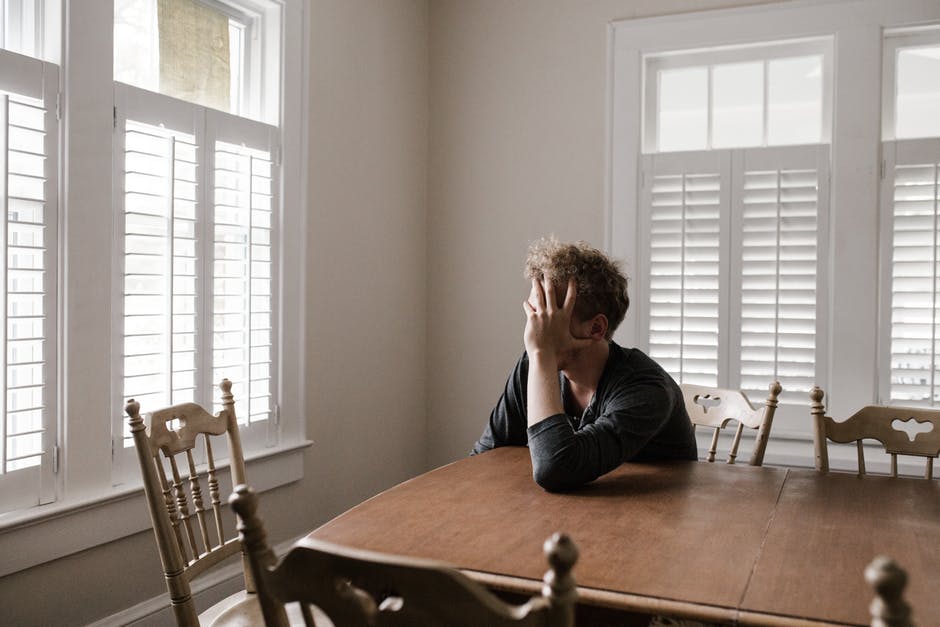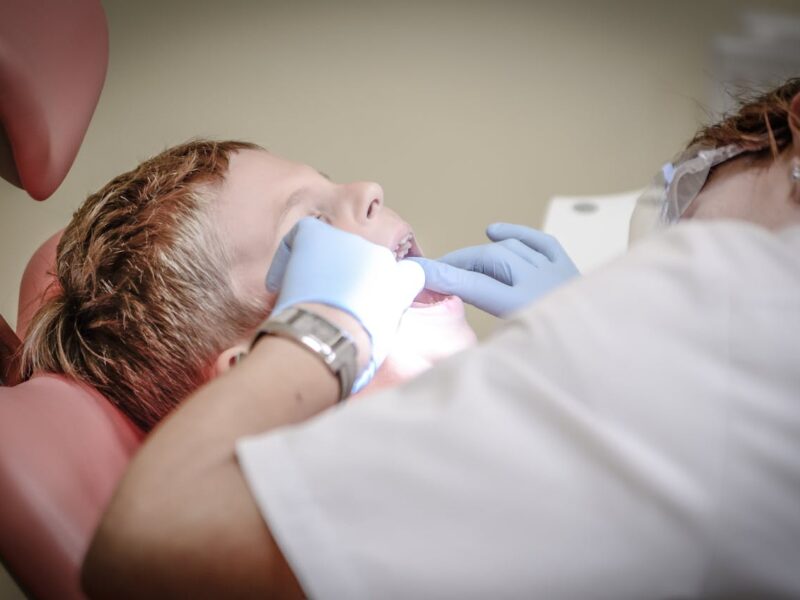Are you experiencing lightheadedness, dizziness, or the sensation of faintness? If the answer is yes, you might be thinking about the potential causes of these effects and how you can find relief.
Lightheadedness is usually predictable and temporary. Lifestyle changes or an underlying medical issue is the usual cause of lightheadedness. You should contact a doctor if you notice lightheadedness without a clear explanation.
Let’s explore the most common causes of lightheadedness. Also, let us look at simple changes you can make to prevent it from recurring.
Contents
What is Lightheadedness?
Lightheadedness is a sensation of feeling faint or dizzy. It often occurs when the brain is not receiving enough oxygen or nutrients. It is when the body experiences an abrupt shift in blood movement.
When experiencing lightheadedness, you can feel symptoms such as nausea, dizziness, heart palpitations, and blurred vision. In some cases, lightheadedness can make you feel disconnected.
A person can experience lightheadedness for a prolonged time. It can be a sign of an underlying medical condition.
Treatment depends on the cause and severity of the lightheadedness. Treatment options range from medications to lifestyle changes to counseling.
Exploring Possible Underlying Medical Conditions
Lightheadedness is a common symptom of a variety of underlying medical conditions. It includes dehydration, hypotension, anemia, low blood sugar, atrial fibrillation, and endocrine disorders.
Not ingesting enough liquids throughout the day causes dehydration. Lack of nutrients causes low blood pressure or hypotension.
Lack of iron in the body caused by an iron deficiency, cancer, or chronic illnesses causes anemia. Certain medications, diabetes, or other conditions can cause low blood sugar or hypoglycemia.
Damage to the heart from a heart attack, coronavirus, or long-term use of medications causes atrial fibrillation. You can confirm it through afib tests.
Problems in the pancreas and thyroid can cause endocrine disorders. If a person is experiencing lightheadedness, it is best to consult a doctor for further diagnosis and care.
Tips for Managing Lightheadedness
There are basic steps you can take to find relief from dizziness. Drink plenty of fluids, and avoid caffeinated beverages and other stimulants.
Eat small, frequent meals throughout the day rather than large meals. It can help increase blood sugar levels.
Be mindful of body position when standing or sitting. Also, maintaining a good posture will help.
In some cases, it can be helpful to take a break and rest or lie down to restore oxygen and nutrients to the brain. Regular exercise, reducing stress, and getting enough sleep are also important.
Follow This Guide to Treat Lightheadedness
Lightheadedness can be uncomfortable and have various causes. Learning the source is key to finding relief.
Taking steps to reduce stress, eating healthy and hydrating, and avoiding medications that can cause lightheadedness can all be effective ways to find comfort. If these methods do not work, speak to your doctor to determine the cause and any further treatment options.
Start living the healthy lifestyle you deserve today! Check our blog for more tips and tricks on how to keep yourself (and your family) in good health.



